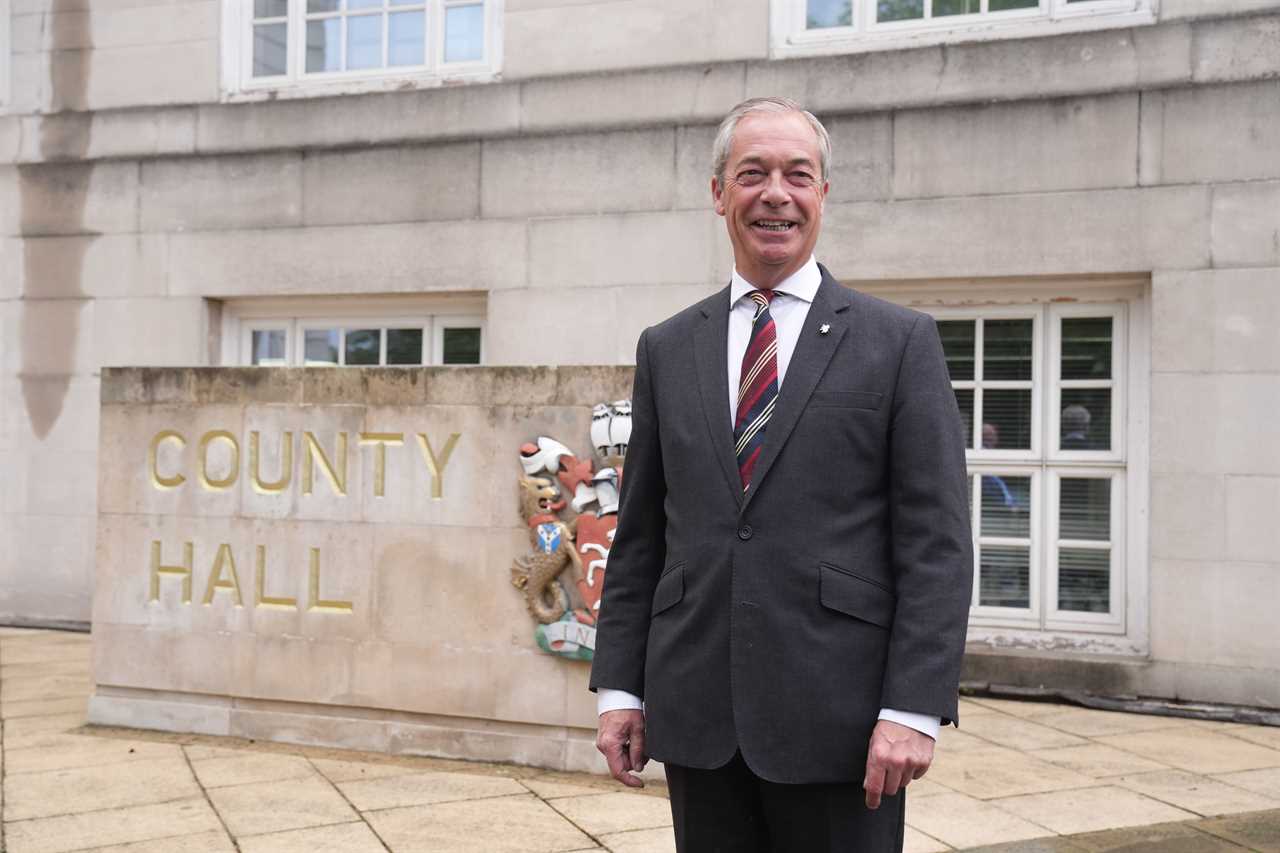
Amidst political shifts, Nigel Farage has disclosed discussions between Reform UK and a handful of current Conservative MPs contemplating defection. This development hints at a nuanced political landscape where party loyalties are being reevaluated.
The Dynamics of Party Loyalties
Nigel Farage's revelation regarding potential defections from the Conservative Party underscores a broader trend of political realignment and discontent within traditional party structures. The notion of sitting MPs considering a move to a different political platform raises questions about the ideological coherence within the current political landscape.
The Nuances of Political Identity
While the prospect of Conservative MPs defecting to Reform UK may signal a significant shift, Farage is keen on emphasizing that his party will maintain its distinct identity and not merely replicate the Conservative agenda. This distinction highlights the complexities of political identity and the diverse motivations that drive individuals to reconsider their party allegiances.
Response from Conservative Leadership
The response from Tory leadership, particularly the criticism from Kemi Badenoch, reflects the tensions surrounding political defections. The accusation of opportunism and lack of principled policymaking underscores the challenges faced by parties in maintaining unity and ideological integrity amidst potential defections.

Implications for Political Stability
As the political landscape continues to evolve, with prominent figures like Sir Jake Berry crossing party lines, the implications for political stability and party cohesion remain uncertain. The interplay between individual ambitions, party dynamics, and ideological considerations adds layers of complexity to the ongoing discussions around potential defections.
In navigating these intricate political dynamics, the broader implications for the Conservative Party, Reform UK, and the political ecosystem as a whole warrant careful consideration. The evolving narratives of political realignment and shifting allegiances underscore the need for a nuanced understanding of the ever-changing dynamics of British politics.






